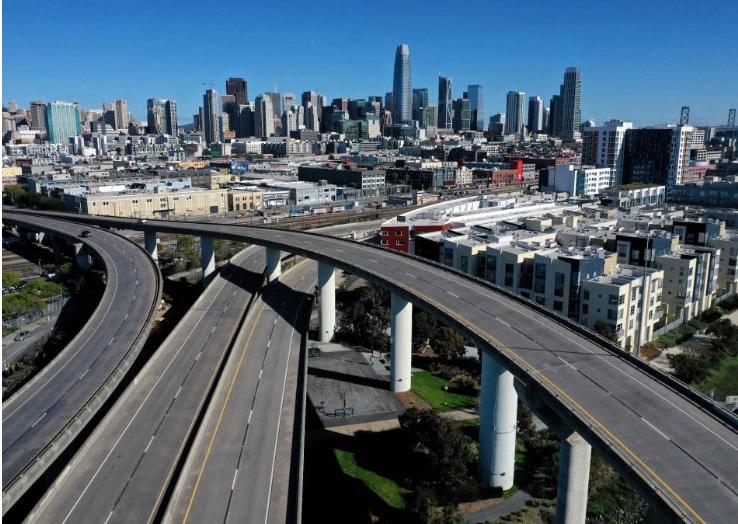By Eric Ting : sfgate – excerpt
In case you haven’t heard, there’s an ongoing campaign to recall Gov. Gavin Newsom.
March 17 marked the deadline for recall organizers to submit signatures to county elections offices, and organizers are very confident they have the numbers to force a recall election later this year…
How we got here
Newsom has angered many across the state over his handling of the pandemic…
Newsom has also drawn charges of hypocrisy after violating his own guidelines while dining at the French Laundry, and has kept his kids in private, in-person schools while most of the state’s public schools remain shut down. In addition, there’s a massive unemployment fraud scandal…
In the unlikely event enough people who signed the petition withdraw, the election is called off. If enough valid signatures remain, counties have until July 6 to notify the secretary of state’s office of this fact…
How recall election day works
On the designated election day, voters will receive one ballot with just two questions on it.
The first question will be something along the lines of, “Should Gavin Newsom be recalled?”
The second question will then ask voters to pick a candidate to replace Newsom…(more)

